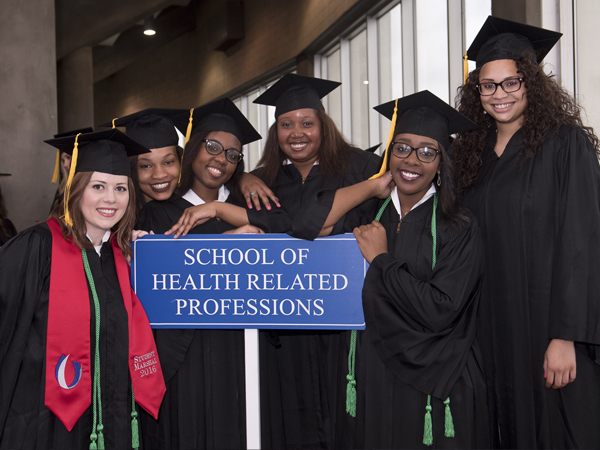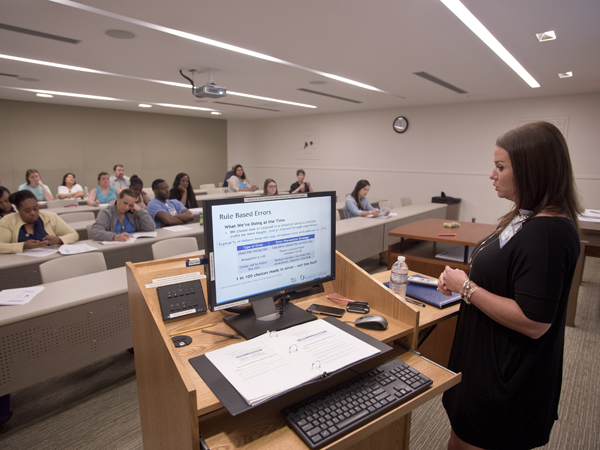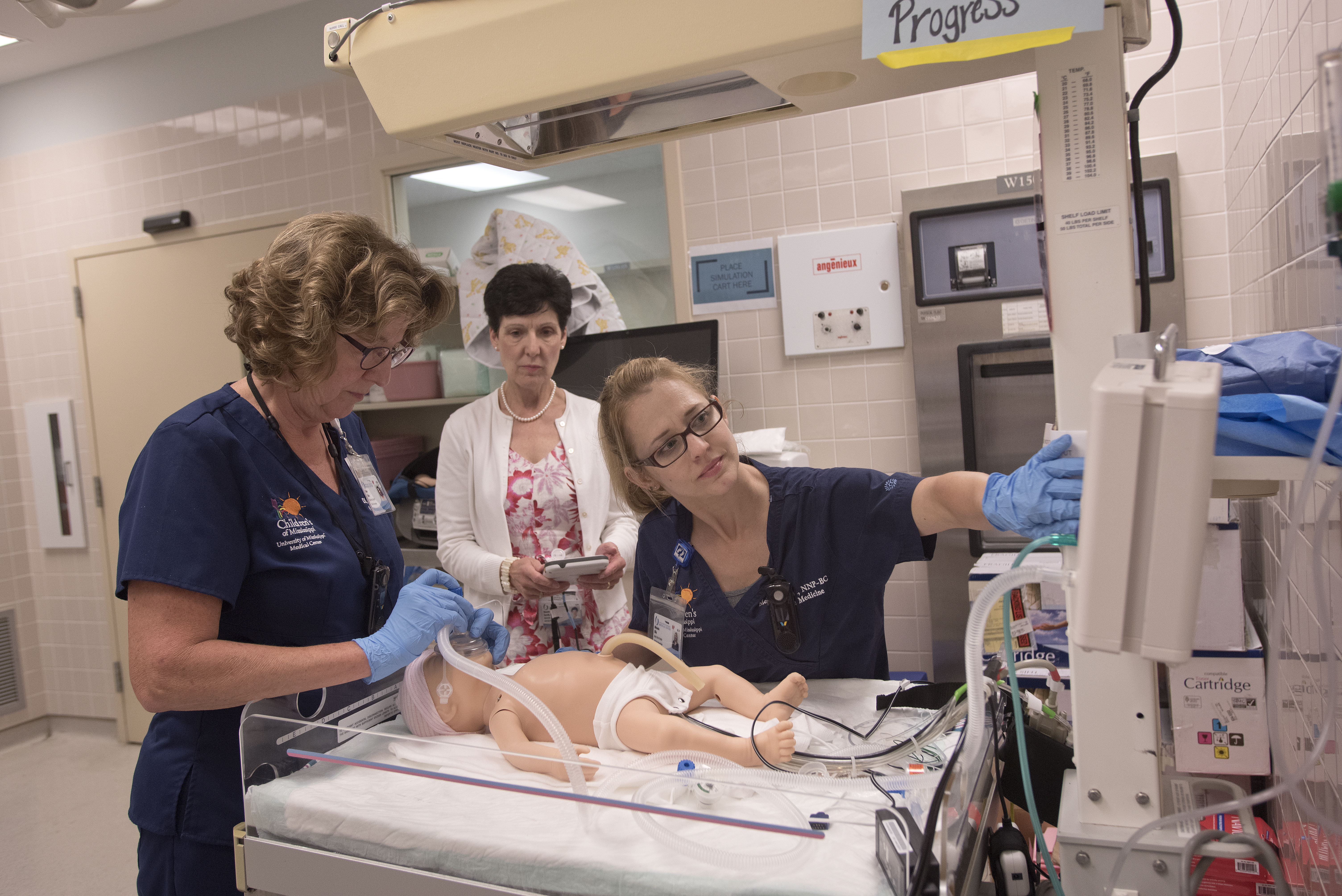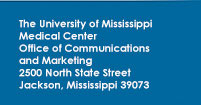|
About 2,500 babies are born at UMMC each year, but approximately one-third of them will need intervention at birth due to low birth weight, congenital defects or distress.
|

|
Ninety percent of cytotechnologists employed in Mississippi, and all of those employed at the Medical Center, received their training at the School for Health Related Professions. The positive impact they've had on the health of women in the state is undeniable.
|
|
The Medical Center's 10,000-plus employees are in the final stretch of error prevention training, with a December 2016 finish in sight.
|

|

|
The Medical Center is proud to acknowledge those employees who will celebrate service anniversaries this week.
|
|
A number of interesting events is scheduled for the upcoming weeks at the Medical Center.
|

|

|
A professor of preventive medicine gains recognition for advancing remote sensing in public health research, while a research fellow obtains a $5,000 grant from the national Alpha Omega Alpha organization.
|




























